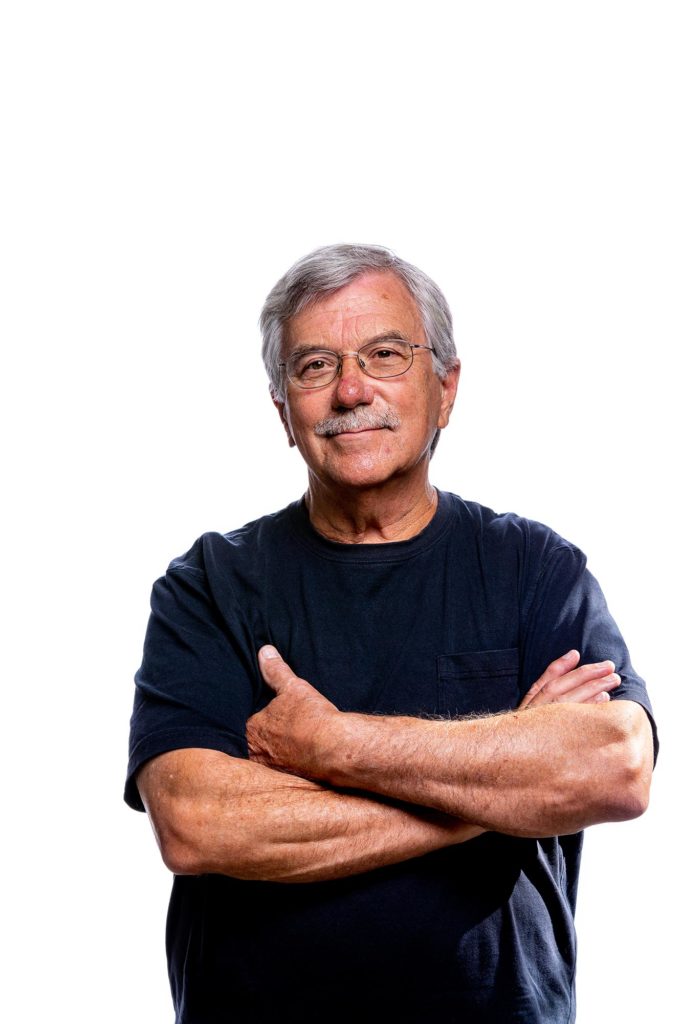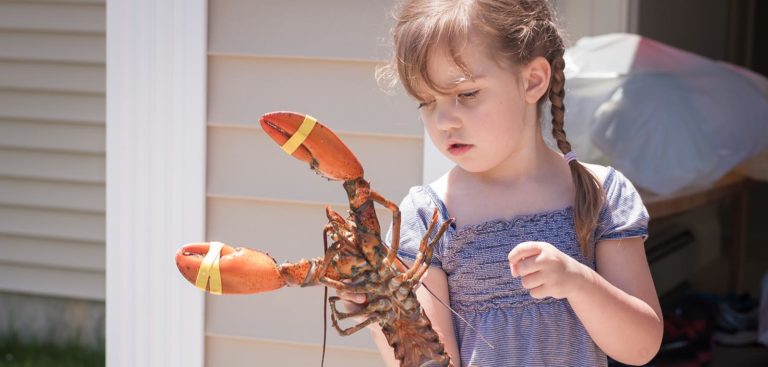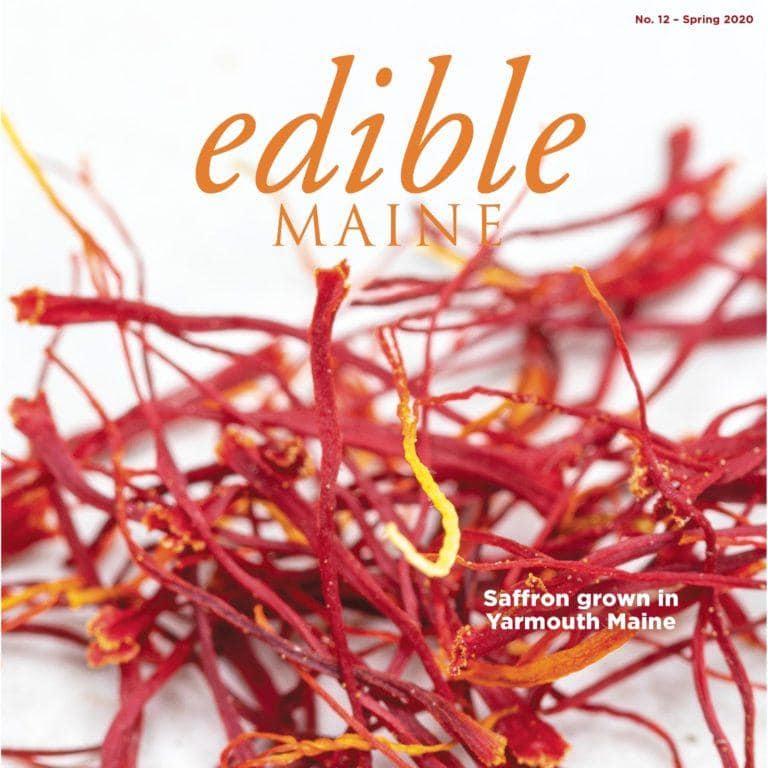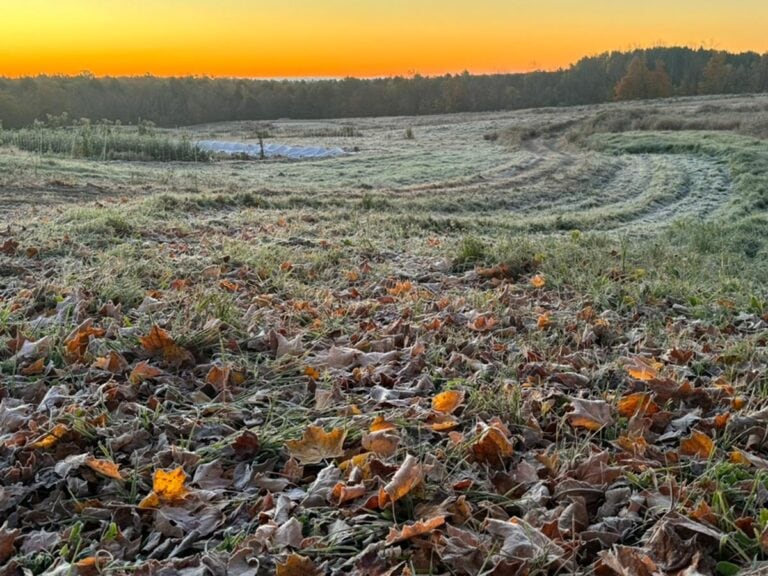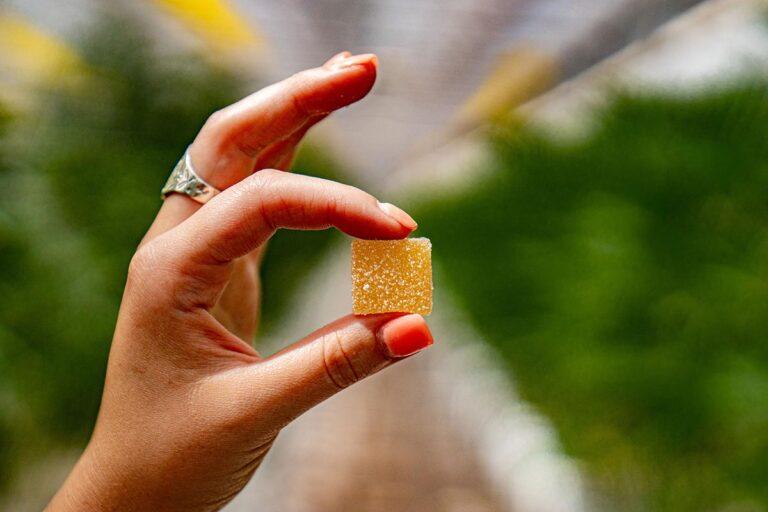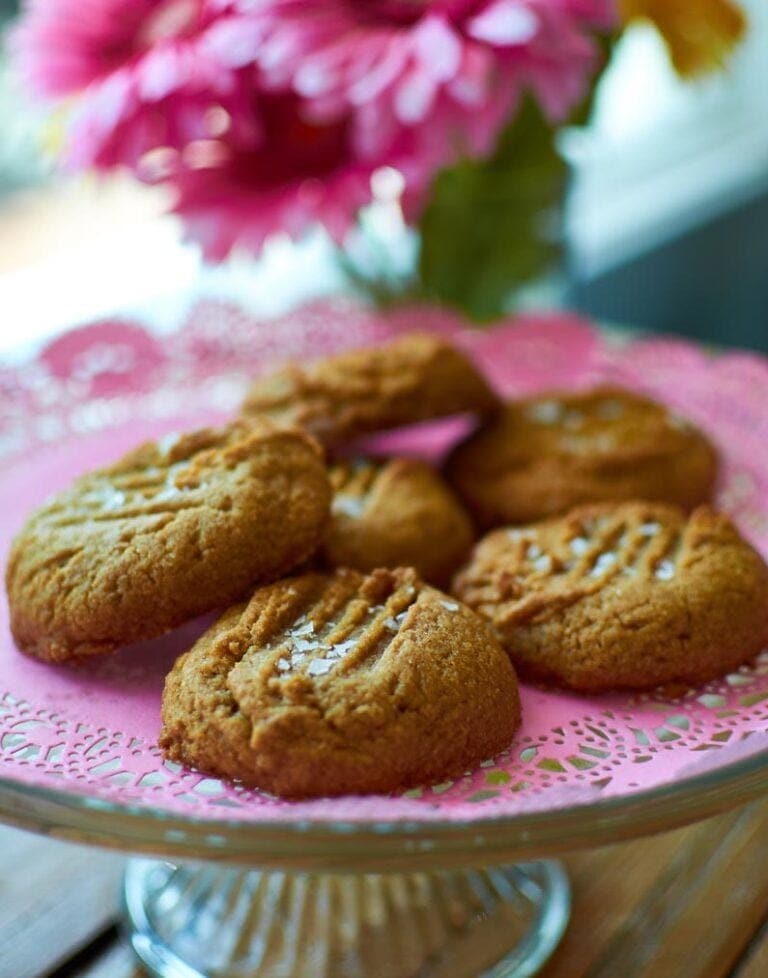Chef Sam Hayward has a welcoming smile and a disarming belly laugh. In a world with belittling reality TV chefs and bloated celebrity restaurateur egos, Hayward weighs in as a gentle giant. He built Portland’s Fore Street Restaurant into one of the most celebrated eateries in a state with scads of fabulous fine dining and more casual options. His demeanor and success have earned him the admiration of a generation of chefs throughout the Northeast, many of whom honed their own skills by either working under his direction or at least following in his footsteps. edible MAINE editor-in-chief Christine Burns Rudalevige sat with Hayward to chat about decadence versus indulgence, foraging with grandkids, and why he’s happy to see the back side of silver service. The conversation has been edited for length and flow.
What is one of the most decadent meals you’ve had in your lifetime?
I think it was on my first trip to France. I was traveling with a couple of other chefs, and we went to Joël Robuchon’s restaurant when he was at the height of his glory. They offered us “poularde en vessie,” a whole Bresse chicken stuffed with truffles, cooked inside a pig’s bladder. Three inflated, semitransparent casings sitting on platters riding on top of carts rolled out of the kitchen to our table. When the waiters popped them open the steam was scented with truffle, chicken, and butter. It made me swoon. They took the juices, reduced them to a glaze, and mounted some more butter into it. They spooned the sauce over the meat of the bird that was carved right there at the table.
Do you have a favorite decadent Maine ingredient?
It’s hard to separate the negative ramifications out of the word “decadent.” A white truffle from Italy is probably the most decadent thing I could ever imagine eating. A negative ramification (for eating those here) is the fuel to bring them over. But the environment was likely not heavily impacted when they were harvested. The fungus is still in the ground. A forager in Piedmont or Tuscany is making a living. His dog is happy. I’m really happy, even if I probably raided my retirement funds to enjoy it.
Most of the local foods I think are the most delicious don’t necessarily have negative ramifications. A matsutake mushroom is luxurious, but it doesn’t feel decadent to me. It comes from a walk in the woods. It’s a gift from the gods and, usually, my daughter-in-law. She brings wild things to me periodically. She takes my grandkids (4 and 7) down to the shore at low tide. They bring these local denizens—Belon oysters, mussels, Asian shore crabs, periwinkles, seaweed, whelks—back to our house. We talk about them, investigate their natural history, cook and eat them together. There is no decadence there. Well, maybe the butter we cook many of these things in is a little bit decadent.
Are there decadent restaurant trends you were pleased to see die out?
Yes, silver service.
Are you talking about formal tableside service or the actual sterling silver on the table?
Both take a lot of hands to manage. You’ve got to polish actual silver. Tableside silver service like I experienced in France was, at one time, thought to be the height of indulgence in places like New York and Chicago. There would be four waiters per guest. It was a kind of showmanship. Most places have moved away from it, and I’m happy to let all that go. We’re making different choices in how we invest in restaurants. We’re investing more in the food itself.
How do you balance luxurious food with simple food on a plate?
I’m more invested in simplicity than showbiz. I started out cooking primarily French food. And then my eyes got opened as I got more experience. I got a little humility and began to realize that I loved and respected the raw materials I was working with far more than I respected my own skills, abilities, or creativity. So I shifted to showcasing the ingredients rather than my own ideas. Developing a healthy skepticism of my own abilities was really part of that transition. And now at this stage in my life, if I were to go back full time into the restaurant kitchen and start again, it would be totally about putting the ingredients first in any dish. I think that is an easy thing to do here in Maine because there are so many luxurious, yet simple, ingredients to cook.
How do you view the juxtaposition of the national hype about food in Maine restaurants and the high level of hunger across the state?
We have four-season farms all over Maine now, and farmers markets in just about every community of any size. And yet some people feel excluded from all this abundance and deliciousness. It’s a heartbreaker. What kills me is that it’s completely unnecessary. Maine used to be the breadbasket of New England and could become that again. Food could be incredibly plentiful. It won’t ever be cheap due to the hardships and the costs involved in growing, harvesting, and distributing it throughout the state. But, if we develop a stronger set of humanitarian values, there are ways we can mitigate those costs to make sure nobody in Maine goes hungry or has to settle for food of less than excellent quality.
